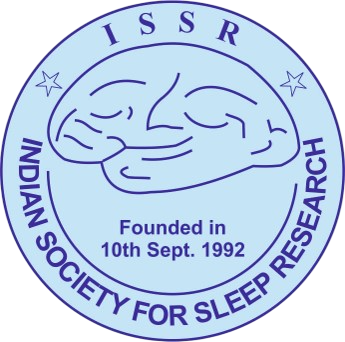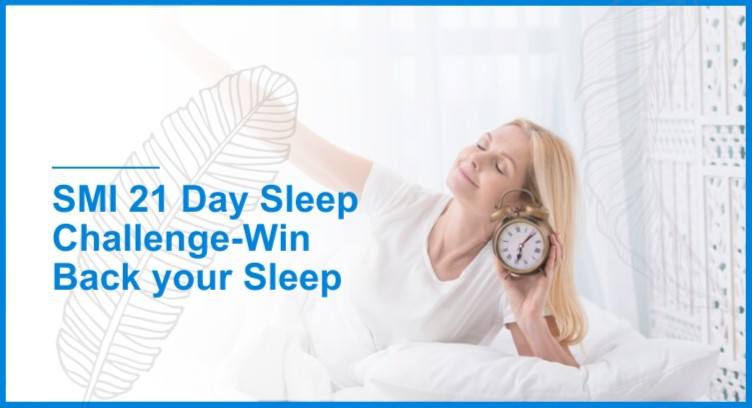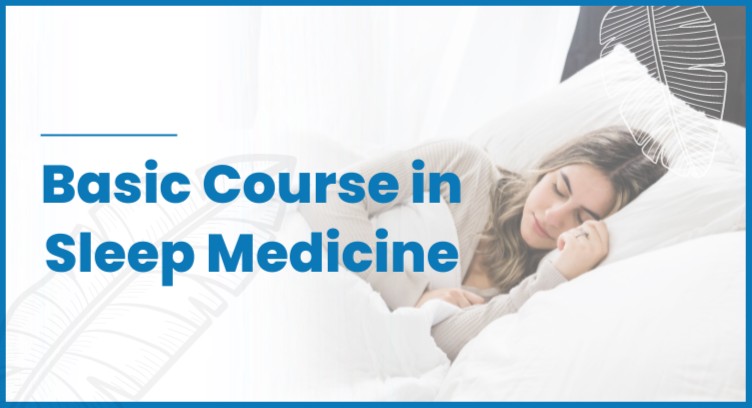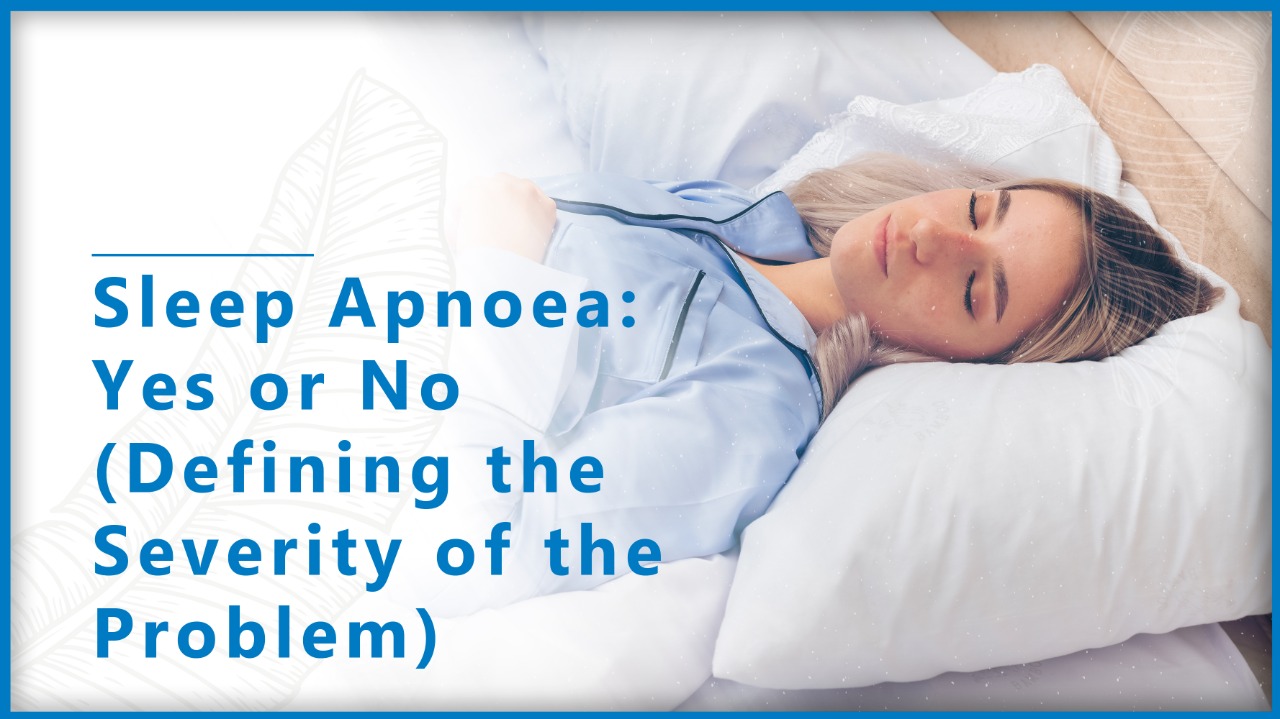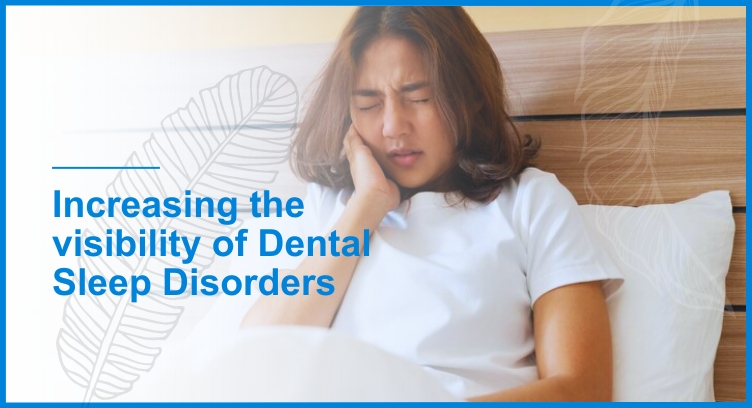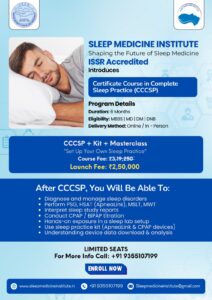A practical observership in sleep medicine offers valuable hands-on experience for individuals interested in this field.The areas covered will include :
- Clinical Assessment: medical history taking and physical examinations. Polysomnography (PSG): They can learn about the equipment used, electrode
placement techniques, and how to interpret PSG data - Treatment Modalities: learn about different treatment options for sleep disorders,
including lifestyle modifications, behavioral therapies, medical interventions, and
sleep medications. They can observe how treatment plans are tailored to individual
patients based on their specific diagnosis, symptoms, and preferences. - Continuous Positive Airway Pressure (CPAP) Therapy: Participants can observe
CPAP titration studies conducted to optimize CPAP therapy for patients with
obstructive sleep apnea. They can learn about the equipment setup, mask fitting,
pressure adjustments, and troubleshooting common issues. - Interdisciplinary Collaboration: Participants can observe how sleep specialists
collaborate with other healthcare professionals, such as pulmonologists, neurologists,
psychologists, and otolaryngologists, to provide comprehensive care for patients with
sleep disorders. - Ethical and Professional Considerations: Participants can learn about ethical
principles and professional standards relevant to the practice of sleep medicine,
including patient confidentiality, informed consent, and appropriate communication
with patients and colleagues.
By covering these areas, a practical observership in sleep medicine can provide participants
with a comprehensive understanding of the field and valuable clinical skills to pursue further
training or a career in sleep medicine.
Corporate Wellness prog on sleep
- Education and Awareness: educating employees about the importance of sleep for overall health and productivity. Discuss the benefits of good sleep, consequences of sleep deprivation, and common sleep disorders.
- Sleep Hygiene Tips: Provide practical tips for improving sleep hygiene, such as maintaining a consistent sleep schedule, creating a relaxing bedtime routine, optimizing sleep environment and limiting screen time before bed.
- Stress Management Techniques: Offer stress management techniques like mindfulness meditation, deep breathing exercises, or progressive muscle relaxation to help employees unwind and prepare for restful sleep.
- Nutrition and Sleep: Discuss the relationship between diet and sleep, including the impact of caffeine, alcohol, and heavy meals on sleep quality. Provide guidance on healthy eating habits that can support better sleep.
- Physical Activity: Highlight the connection between regular physical activity and improved sleep. Encourage employees to incorporate exercise into their daily routine, emphasizing its role in promoting better sleep quality.
- Technology and Sleep: Discuss the effects of technology on sleep, such as blue light exposure from screens disrupting circadian rhythms. Offer recommendations for minimizing technology use before bedtime and using tools like blue light filters or apps designed to promote better sleep.
- Sleep Disorder Screening: Offer resources for employees to assess their sleep quality and identify potential sleep disorders.
Provide information on common sleep disorders like insomnia, sleep apnea, and restless legs syndrome, along with guidance on seeking professional help if needed. By means of the above, your corporate wellness program can empower employees to prioritize sleep and make positive changes that benefit both their health and performance at work.
Starting a sleep center requires careful planning, execution, and ongoing management. Here’s how mentorship can play a crucial role in this process, along with its benefits:
- Business Planning: guidance on developing a comprehensive business plan. This includes assessing market demand, determining the optimal location, estimating startup costs, and creating a sustainable revenue model.
- Facility Design and Equipment: A mentor can offer advice on designing an efficient and patient-friendly facility layout, selecting appropriate equipment (e.g., polysomnography systems, CPAP machines), and negotiating with suppliers to ensure cost-effectiveness and quality.
- Staff Recruitment and Training: Clinical Protocols and Procedures:
- Patient Education and Outreach:
- Networking and Collaboration:
- Financial Management:
- Continuous Support and Guidance:
Overall, mentorship for starting a sleep center can accelerate the establishment process, mitigate risks, and position the center for long-term success in providing high-quality care for patients with sleep disorders.
Below are the Online Pre Recorded Courses
A practical observership in sleep medicine offers valuable hands-on experience for individuals interested in this field. The areas covered will include :
- Clinical Assessment: medical history taking and physical examinations. Polysomnography (PSG): They can learn about the equipment used, electrode placement techniques, and how to interpret PSG data
- Treatment Modalities: learn about different treatment options for sleep disorders, including lifestyle modifications, behavioral therapies, medical interventions, and sleep medications. They can observe how treatment plans are tailored to individual
patients based on their specific diagnosis, symptoms, and preferences. - Continuous Positive Airway Pressure (CPAP) Therapy: Participants can observe CPAP titration studies conducted to optimize CPAP therapy for patients with obstructive sleep apnea. They can learn about the equipment setup, mask fitting, pressure adjustments, and troubleshooting common issues.
- Interdisciplinary Collaboration: Participants can observe how sleep specialists collaborate with other healthcare professionals, such as pulmonologists, neurologists, psychologists, and otolaryngologists, to provide comprehensive care for patients with sleep disorders.
- Ethical and Professional Considerations: Participants can learn about ethical principles and professional standards relevant to the practice of sleep medicine, including patient confidentiality, informed consent, and appropriate communication with patients and colleagues.
By covering these areas, a practical observership in sleep medicine can provide participants with a comprehensive understanding of the field and valuable clinical skills to pursue further training or a career in sleep medicine.
Corporate Wellness prog on sleep
- Education and Awareness: educating employees about the importance of sleep for overall health and productivity. Discuss the benefits of good sleep, consequences of sleep deprivation, and common sleep disorders.
- Sleep Hygiene Tips: Provide practical tips for improving sleep hygiene, such as maintaining a consistent sleep schedule, creating a relaxing bedtime routine, optimizing sleep environment and limiting screen time before bed.
- Stress Management Techniques: Offer stress management techniques like mindfulness meditation, deep breathing exercises, or progressive muscle relaxation to help employees unwind and prepare for restful sleep.
- Nutrition and Sleep: Discuss the relationship between diet and sleep, including the impact of caffeine, alcohol, and heavy meals on sleep quality. Provide guidance on healthy eating habits that can support better sleep.
- Physical Activity: Highlight the connection between regular physical activity and improved sleep. Encourage employees to incorporate exercise into their daily routine, emphasizing its role in promoting better sleep quality.
- Technology and Sleep: Discuss the effects of technology on sleep, such as blue light exposure from screens disrupting circadian rhythms. Offer recommendations for minimizing technology use before bedtime and using tools like blue light filters or apps designed to promote better sleep.
- Sleep Disorder Screening: Offer resources for employees to assess their sleep quality and identify potential sleep disorders.
Provide information on common sleep disorders like insomnia, sleep apnea, and restless legs syndrome, along with guidance on seeking professional help if needed. By means of the above, your corporate wellness program can empower employees to prioritize sleep and make positive changes that benefit both their health and performance at work.
Starting a sleep center requires careful planning, execution, and ongoing management. Here’s how mentorship can play a crucial role in this process, along with its benefits:
- Business Planning: guidance on developing a comprehensive business plan. This includes assessing market demand, determining the optimal location, estimating startup costs, and creating a sustainable revenue model.
- Facility Design and Equipment: A mentor can offer advice on designing an efficient and patient-friendly facility layout, selecting appropriate equipment (e.g., polysomnography systems, CPAP machines), and negotiating with suppliers to ensure cost-effectiveness and quality.
- Staff Recruitment and Training: Clinical Protocols and Procedures:
- Patient Education and Outreach:
- Networking and Collaboration:
- Financial Management:
- Continuous Support and Guidance:
Overall, mentorship for starting a sleep center can accelerate the establishment process, mitigate risks, and position the center for long-term success in providing high-quality care for patients with sleep disorders.
Bundle Courses
Customized Courses for Bulk Enrollments
Looking to train your entire team?
At Sleep Medicine Institute, we provide customized training solutions for group and institutional enrollments.
Whether you need an in-depth academic program or a focused skill-building course, we’ll design a personalized curriculum that fits your organization’s objectives and schedule.
📩 For tailored course packages and group enrollment details
Please contact us at sleepmedicineinstitute@gmail.com to get started!
Good News! Study Loan Facility Now Available at SMI!
We are excited to announce that SMI has partnered with Bajaj Finance to make your education journey smoother and more affordable.
Benefits of Our Study Loan Facility:
* Easy and hassle-free loan processing
* Affordable EMI options
* Flexible repayment terms
* Quick approval
Want to upskill but not able to manage the finances? No need to wait—we have the solution!
How to Apply?
- Visit our SMI office or website.
- Connect with our loan assistance team.
- Submit the required documents.

